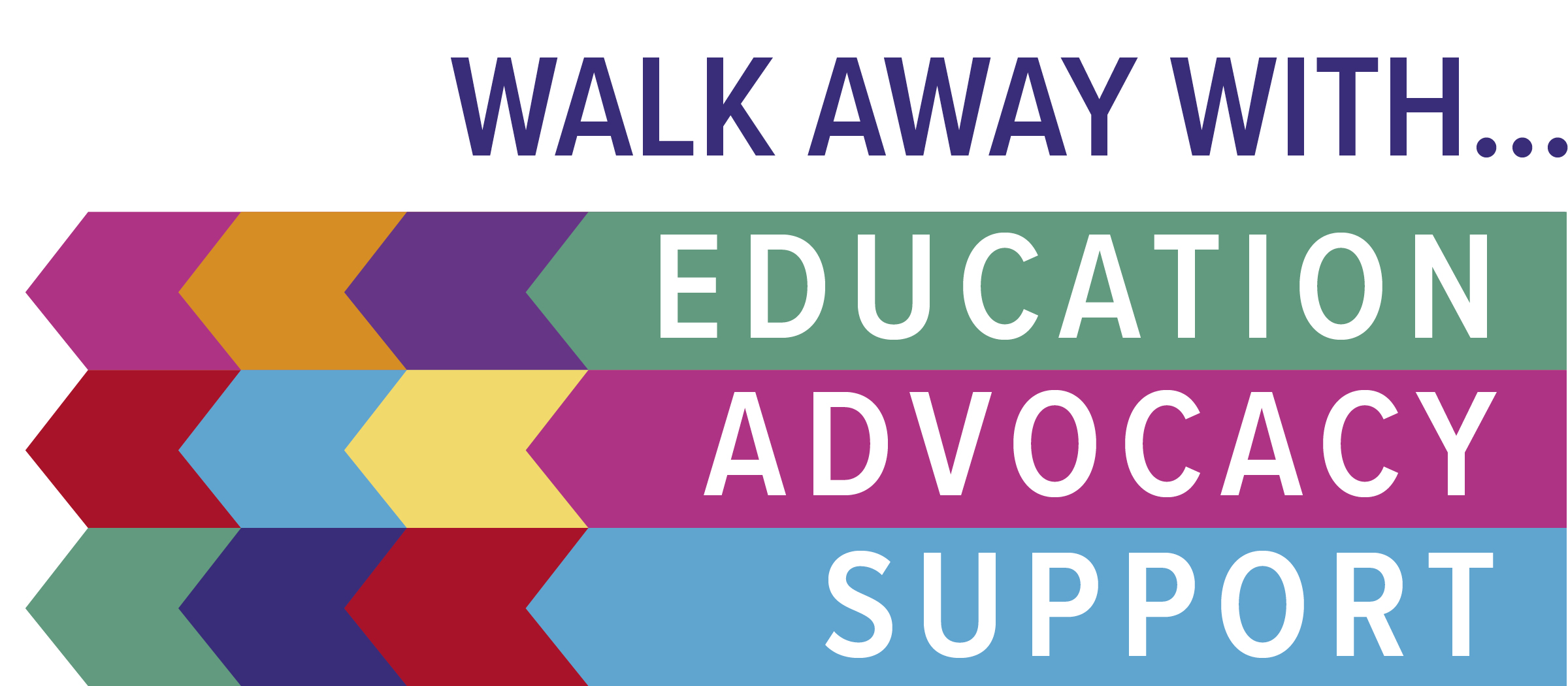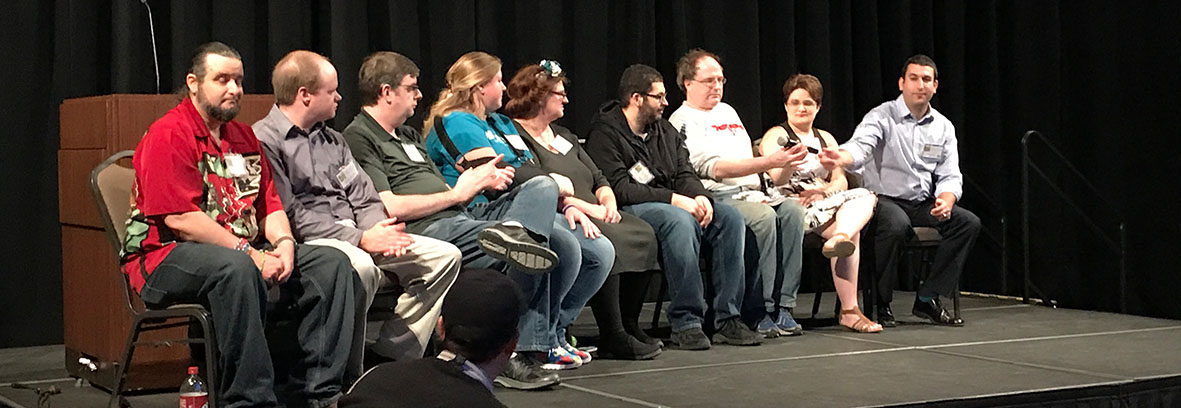
ONE DAY TRAINING
Thursday, September 21st, 2023
PRESENTER, WES DOTSON, PH.D., BCBA-D
Wes Dotson is a Behavior Analyst with over 20 years of experience working with individuals on the autism spectrum, their families, and the professionals who serve them. After earning his Ph.D. from the University of Kansas, he spent 13 years as a professor at Texas Tech University and the University of Missouri before moving into private practice and professional development full-time. He has been a Board Certified Behavior Analyst (BCBA) since 2008. He has worked across the lifespan and across school, clinic, home, community, justice, and residential treatment settings. His primary areas of practice are social skills, relationship development, and successful life outcomes for adolescents and young adults with autism, as well as the preparation of teachers, law enforcement, and other professionals to work successfully with individuals on the spectrum.
PAST ATTENDEE TESTIMONY
” Wes Dotson is one of the best speakers I’ve heard on the topic of social skills or teens & adults. I hope you bring him back so I can learn from him again. ”
~ Special Education Teacher – Region 11
SPEAKER
Wes Dotson, Ph.D., BCBA-D

ONE DAY TRAINING
Thursday, September 21st, 2023
SPEAKER
Wes Dotson, Ph.D., BCBA-D

ABOUT
WES DOTSON, PH.D., BCBA-D
Wes Dotson is a Behavior Analyst with over 20 years of experience working with individuals on the autism spectrum, their families, and the professionals who serve them. After earning his Ph.D. from the University of Kansas, he spent 13 years as a professor at Texas Tech University and the University of Missouri before moving into private practice and professional development full-time. He has been a Board Certified Behavior Analyst (BCBA) since 2008. He has worked across the lifespan and across school, clinic, home, community, justice, and residential treatment settings. His primary areas of practice are social skills, relationship development, and successful life outcomes for adolescents and young adults with autism, as well as the preparation of teachers, law enforcement, and other professionals to work successfully with individuals on the spectrum.
PAST ATTENDEE TESTIMONY
” Wes Dotson is one of the best speakers I’ve heard on the topic of social skills or teens & adults. I hope you bring him back so I can learn from him again. ”
~ Special Education Teacher – Region 11
Day(s)
:
Hour(s)
:
Minute(s)
:
Second(s)
PRESENTATION TOPICS
Classroom Relationships:
INTEGRATING SOCIAL SKILLS INTO THE SCHOOL DAY
The pandemic has created more stress than ever for people with ASD, and it is vital that they receive mindful and targeted support to develop their social skills and problem-solving repertoire. This talk will focus first on some social skills required to navigate a complex and unpredictable post-pandemic school environment. Then, the talk will transition to a discussion of the importance of individualized social goals and the power of preference in the expression of social skills with peers. Finally, it will conclude with tips for ways to integrate social skills teaching, prompting, and experiences into every facet of the day. Participants will have multiple opportunities to practice and reflect on how to create social learning opportunities in various aspects of the school day.
By the end of the session, participants will be able to:
- Articulate rationales for why individualized and integrated social skills support are important
- Identify types of social skills and supports needed in the post-pandemic school environment
- Describe and practice the steps to teach and prompt social skills, routines, and coping strategies
- Find, navigate, and use available resources for those working in this area
Life After High School:
PREPARING FOR AND NAVIGATING POST-SECONDARY EXPERIENCES
This talk will describe considerations for post-secondary planning with an emphasis on exploring predictors of adult independence and success. The talk will also discuss the different types of post-secondary programming and funding available to help individuals achieve a quality life outcome. There will be multiple opportunities for participants to explore resources and reflect on their own journey or the goals of the people they support.
Objectives:
By the end of the session, participants will be able to:
- Recognize what predicts adult independence and community engagement
- Describe the importance of post-secondary programs to helping achieve a quality adult life
- Identify the different types of post-secondary programming and how those programs are funded
- Find, navigate, and use resources available to help access post-secondary supports
SCHEDULE
MORNING
8:30 – 9:00 Registration
9:00 – 12:00 Presentation
12:00 – 1:30 Lunch Break
(15 minutes in break time at speaker discretion)
AFTERNOON
1:30 – 4:30 Presentation
(15 minutes in break time at speaker discretion)
Total of 6 CE Hours
OTHER INFORMATION:
All attendees will need to verify that we have your E-Mail address AND License/Certificate#(s) correct in order to receive a certificate of attendance via E-Mail after the conference. This information will be placed at registration for you to verify.
Coffee, breakfast items, and snacks are provided. Please remember to dress in layers as temperatures may vary.
Autism Items may be available for purchase, please bring cash and/check to simplify transactions.
Email Confirmations and Additional Conference Details/Updates will be Sent the Day Before to the E-mail Provided at Registration
Texas Educator CE’s Provided. Additional CE;s May Become Available. Check Back to Verify.
TRAINING REGISTRATION
WILL CLOSE
SEPTEMBER 18th AT 11:00PM
Registration at the conference will be $90.00 with Cash or Check








